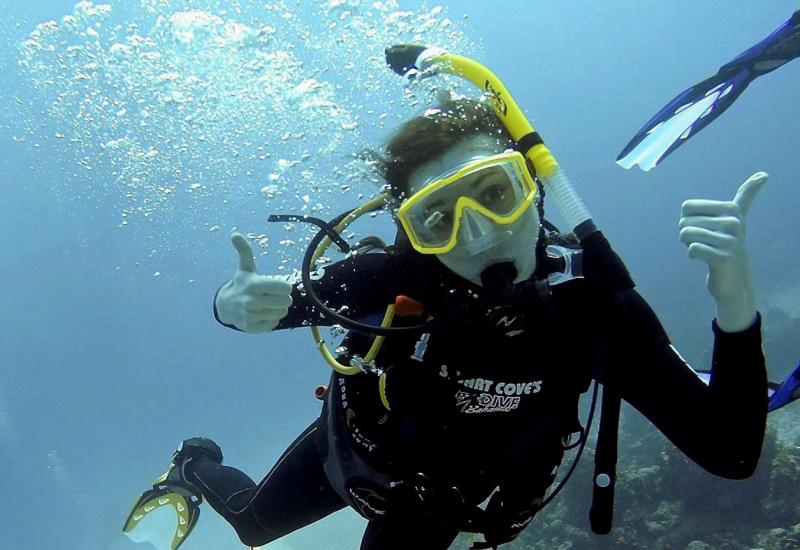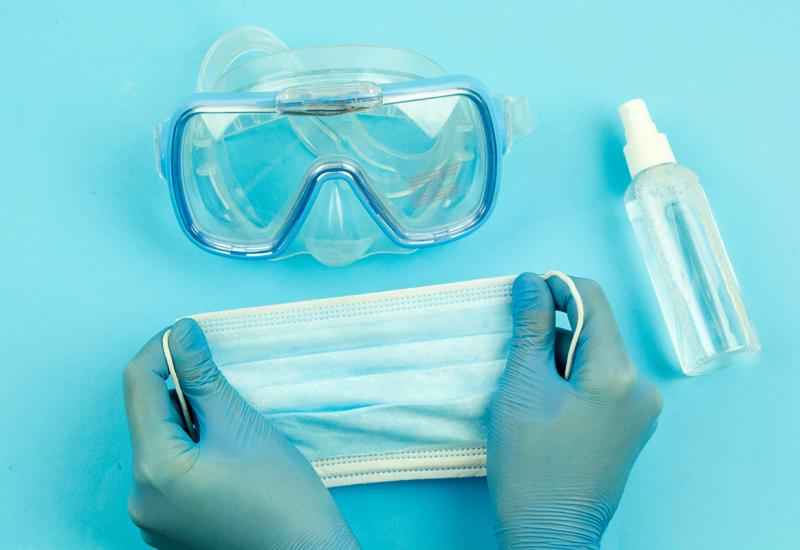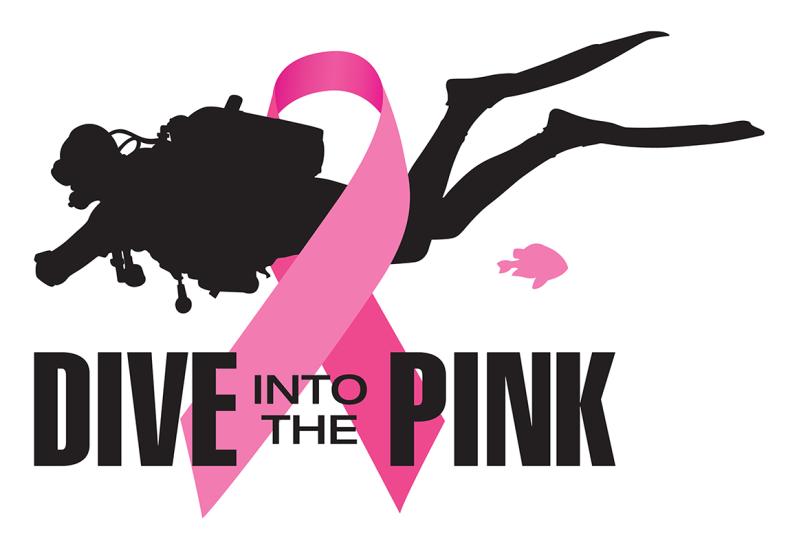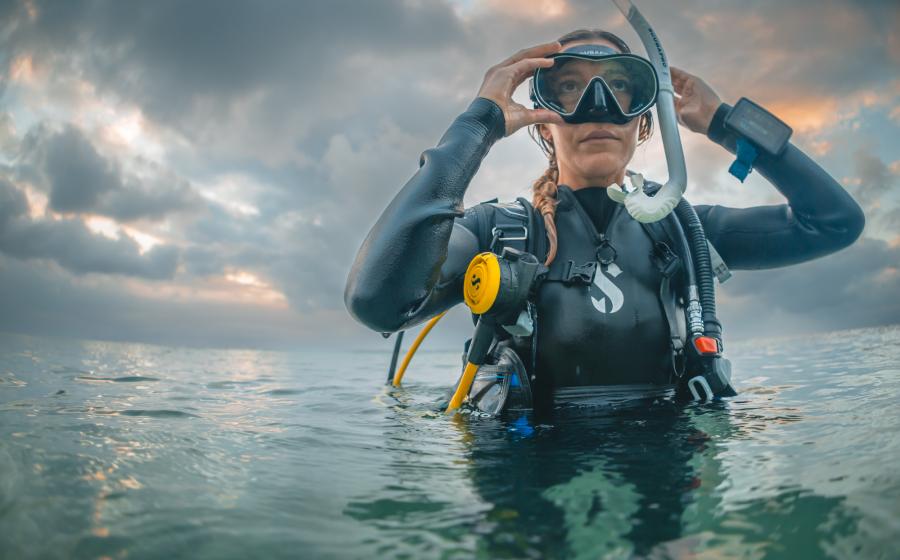Can High Blood Pressure Affect my Ability to Dive? | Scuba Diving Doctor

ShutterstockBeta blockers and diving.
Q: I take beta-blockers to regulate a heart condition. Is it OK for me to dive?
A: Beta blockers are a group of medication that have been around for decades, and they have a proven record of success in treating hypertension, certain heart rhythm problems, and occasionally even migraine headaches. They have fallen out of favor as a first-line choice for high blood pressure because of some of the side effects — and also because a number of newer drugs are available. However, for some individuals a beta-blocker may be exactly the right medication.
While beta-blockers have a number of side effects, fatigue and decreased exercise tolerance are the most relevant to diving. They are also not the right choice for individuals with reactive airway disease (asthma) because they can enhance constriction of the airways.
As far as the exercise tolerance goes, beta-blockers will decrease the maximum heart rate achievable during strenuous exercise and perhaps limit performance. The good news is that this is probably of little consequence in diving. Certainly in extreme emergencies some reserve may be required for the diver to get out of a difficult situation. However, exertion to the level of a prolonged sprint is unlikely to be needed in the water.
Perhaps the most important thing to address is the condition for which the beta-blocker is being prescribed. The medical condition itself may put you at greater risk in the water. Discuss the medication with your physician and let him or her know that you are an active diver. Perhaps other options are available and can be considered, or it may be that a beta-blocker is exactly what you require, and you just need to be aware of the possible side effects.
James L. Caruso is a 30-year veteran of the U.S. Navy, serving as ship’s doctor, undersea medical officer and flight surgeon. His experience includes a fellowship in Diving and Hyperbaric Medicine at Duke University Medical Center; today he is Denver’s chief medical examiner.










